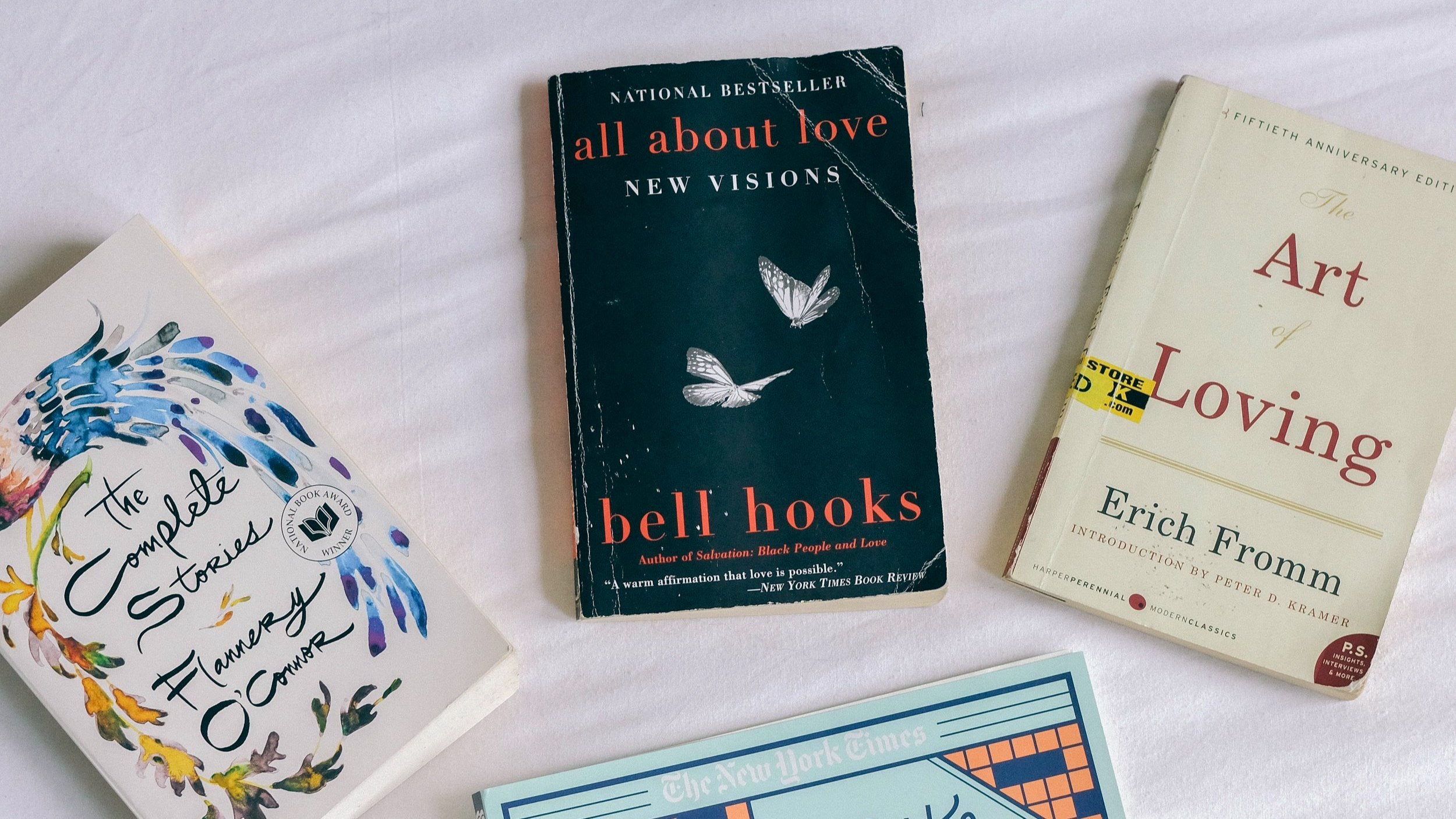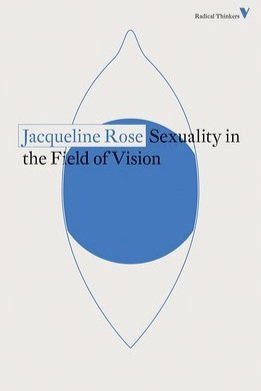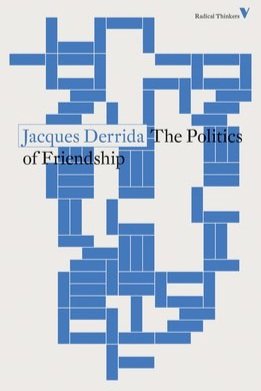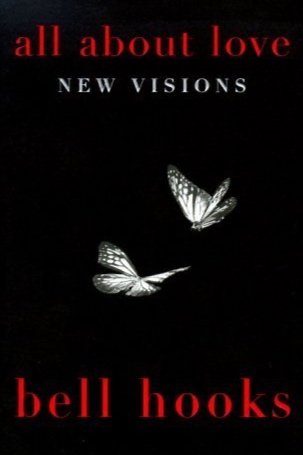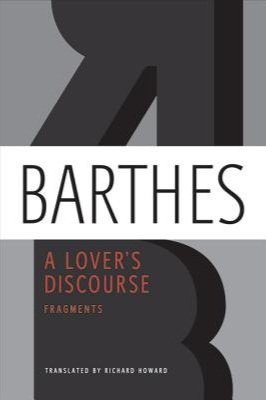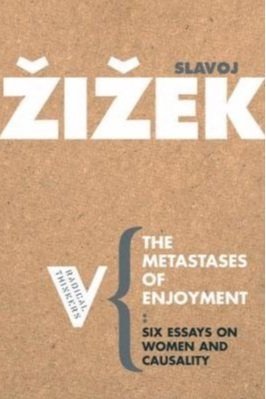“A trove of texts to help make sense of love and all its possibilities. ”
Everyone is critical of everything these days, and rightfully so. It’s empowering, really, to live in an era where placing any one thing under a microscope for in-depth consideration is the standard. We’re critical of celebrities, of the media, of politicians, of the ingredients in our food — of everything. After almost two years of sporadic self-isolation, this makes perfect sense. This heightened need to assess and contemplate has spilled into all areas of our lives, down to our platonic and romantic relationships alike.
Critical love theory poses a unique opportunity to dig deep into our collective need for comfortable familiarity and the many modes of seeking it. To understand this philosophical approach to love and relationships, one must first learn what it is. By definition, critical love theory provides commentary on relationships and love, what they are and ought to be. It wholly rejects the idea that there is only one way to love or to be loved, allowing room for authors to carve out their own unique perspectives.
We spoke at length with enthusiasts on the subject at Verso. Fittingly, they have spent decades curating radically-minded and passionate selections of contemporary critical theory. Through our discourse, we collected texts on love that stand out amongst the rest (and until the end of March, you can purchase those from Verso at 50% off using the code passerby).
Sexuality in the Field of Vision by Jacqueline Rose
Recommended by Verso
Sexuality in the Field of Vision reads like a field report of Rose’s romantic, academic, and worldly encounters. The text names “sexual difference and fantasy” as key elements that all modern theory should consider. Leaning on a combination of film references and texts by Lacan and Freud, among others, the author illustrates her case. Considered a radical thinker, Jacqueline Rose leaves few stones unturned in her exploration of sex, feminism, and psychoanalysis.
buy here
The Politics of Friendship by Jacques Derrida
Recommended by Verso
Highly rated, The Politics of Friendship, penned by the notable 20th-century philosopher Jacques Derrida, takes us on a winding road. As the title would allude to, this text unpacks the political implications of our platonic relationships and their subsequent impact on the future of democracy.
buy here
All About Love by bell hooks
Recommended by passerby
This wouldn’t be a list about critical love theory without All About Love by none other than bell hooks. The book is about her own personal experiences and observations of love, relationships, and what can make or break them. Unlike some of the other books on this list, hooks takes this subject from theory to practice with her real-world personal references on the impacts of patriarchal thinking and gender roles. This includes reflecting back on childhood traumas to trace the origins of particular points of confusion in her adult life.
A Lover’s Discourse by Roland Barthes
Recommended by passerby
Somewhere between a poem and a dramatic monologue, A Lover’s Discourse provides a theatrical account of the various interactions one has with themself and their lover. Written more like a collective thought than an ongoing conversation between lovers, this read is an interestingly exciting way to think about the dynamics of a relationship.
buy here
The Metastases of Enjoyment by Slavoj Žižek
Recommended by Verso
A passionate and provocative thinker, Slavoj Žižek summons us to consider our greater reality. His approach focuses not necessarily on our relationships with others but on how we relate to enjoyment and the state of womanhood in popular culture, art, and ideology.
buy here
Minima Moralia by Theodor W. Adorno
Recommended by Verso
A kin to Žižek’s work, Minima Moralia, is a WWII-era critical theory text exploring several areas of philosophy and psychology. A common thread throughout the book is Adorno’s apprehension of “the good life” and our ability to live it. On occasion, he argues varying points on love and erotics, namely that we shouldn’t stand in our own way in our pursuits of affection or intimacy — even if we already have a committed partner.
buy here
Keep the intellectual engagement going by reading The Care Manifesto by The Care Collective (recommended by Verso), Full Surrogacy Now by Sophie Lewis (recommended by Verso), Tomorrow Sex Will Be Good Again by Katherine Angel (recommended by Verso), and The Art of Loving by Erich Fromm (recommended by passerby). Or, if your heart has recently been broken, try another approach by tackling these popular books and films.
Words by Zoë Rayn Evans

